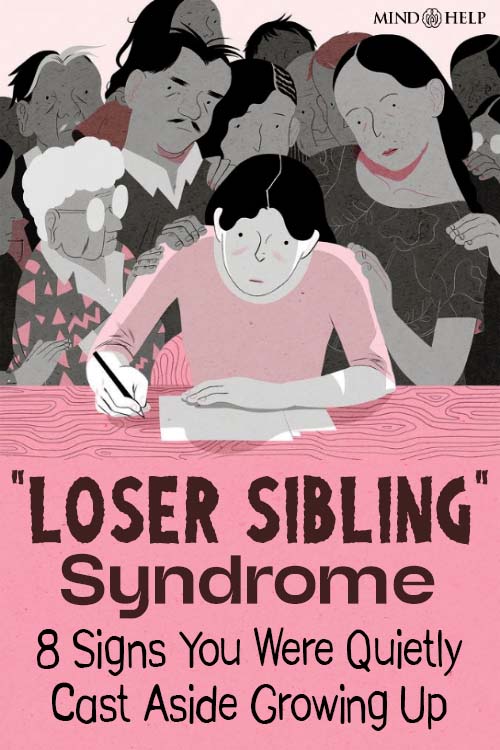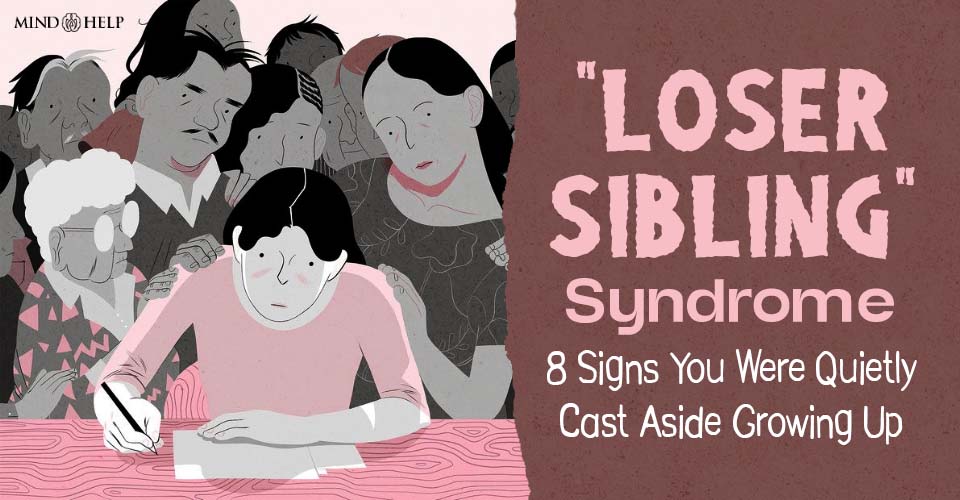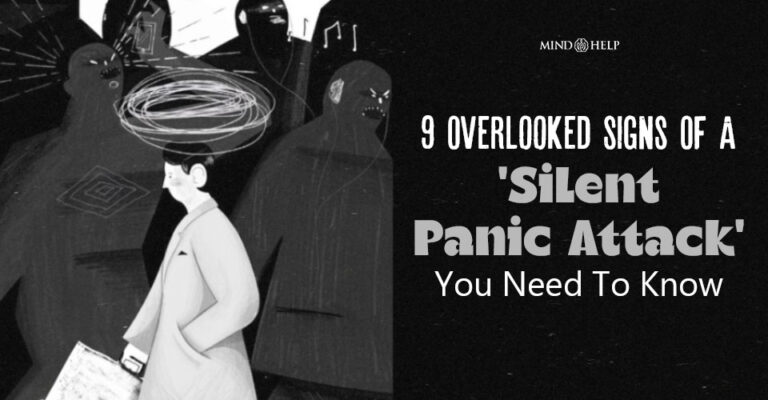What if being the “loser sibling” had nothing to do with your setbacks or failure but it had everything to do with how your family treated you, labeled you, or left you out?
Maybe you weren’t the golden child, the overachiever, or the one who got all the praise. Instead, you were misunderstood, overlooked, or constantly compared. This comparison can leave long-lasting marks that follow you into adulthood, sometimes without you even realizing it. This is known as Loser Sibling Psychology.
So far if you relate, take a look at 8 subtle behaviors many adults show when they grew up feeling like the “black sheep of the family”. So learn how to begin healing from it.

Read More Here: How To Be A Cool Mom? 6 Tips No Matter Your Generation
8 Subtle Ways Being the ‘Loser Sibling Syndrome’ Still Shapes Your Adult Life
1. Chronic Self-Doubt
When you were constantly compared to a sibling who was seen as “better,” it can chip away at your confidence. As an adult, this may show up as second-guessing your decisions, downplaying your strengths, or assuming others are more capable than you.
2. The Urge to Please Everyone
If you were made to feel like the family disappointment, you may have developed a strong need to be liked. You might go out of your way to avoid conflict, seek validation, or suppress your own needs to keep the peace, all to prove you’re “good enough.”
3. Internalized Shame
There’s a quiet kind of shame that grows when you’re treated like the black sheep, even if no one said it out loud. That shame may manifest as self-sabotage, negative self-talk, or the persistent feeling that you’re somehow “less than.”
4. Trying Too Hard to Prove Yourself
Overcompensation is a common pattern. You might take on too much, chase perfection, or constantly push yourself — not because you truly want to, but because you’re trying to rewrite the family story and finally be “enough.”
5. Avoiding Healthy Competition
While others thrive in competitive environments, you may shy away from them entirely. Not because you can’t win — but because deep down, you learned early that trying meant you’d still lose (or worse, be mocked for trying).
6. Fearing Close Relationships
When your earliest relationships felt rejecting or conditional, it’s hard to trust that others won’t do the same. As a result, you may unknowingly push people away, test their loyalty, or end things before they get too real — all to protect yourself from being hurt.
7. Always Comparing Yourself
You might measure your life, success, or worth against everyone else’s — especially your siblings. Social media can make this worse. Even when you’re doing well, it can still feel like you’re falling short in a race you never wanted to run.
8. Feeling Like You Don’t Belong
The black sheep often grows up believing they’re just “different” and not in a good way. This can lead to difficulty feeling connected in friendships, workplaces, or even new families you try to build as an adult.
How To Overcome the “Loser Sibling” Identity
It’s important to recognize that this label was never really about you. It was about how your family system functioned, what roles were assigned, and what unspoken dynamics were at play. You can’t go back and change your childhood, but you can stop letting it define your present.
- Practice self-validation. You don’t need outside approval to be worthy. Remind yourself often: you were always enough, even when they didn’t see it.
- Unlearn toxic family roles. Whether you were the scapegoat, the quiet one, or the forgotten one, you can step out of that box. You get to choose who you are now.
- Challenge the comparisons. Start noticing when you’re slipping into the “I’m behind” mindset. Pause and ask: Whose race am I running? Do I even want what they have?
- Build emotional safety. Seek relationships where you feel truly seen and accepted. If your family couldn’t offer that, you can still find it elsewhere.
- Consider therapy. Working with a therapist can help unpack these patterns and rewrite the beliefs that no longer serve you.
Read More Here Parenting Empath Children: A Guide For Raising Highly Sensitive Kids
Feeling like the “loser sibling” doesn’t mean you actually lost anything, except maybe the chance to feel understood as a child. But that doesn’t define your worth. It’s never too late to reframe your story, and realize you were never the loser, just the one who wasn’t fully seen. Until now.








